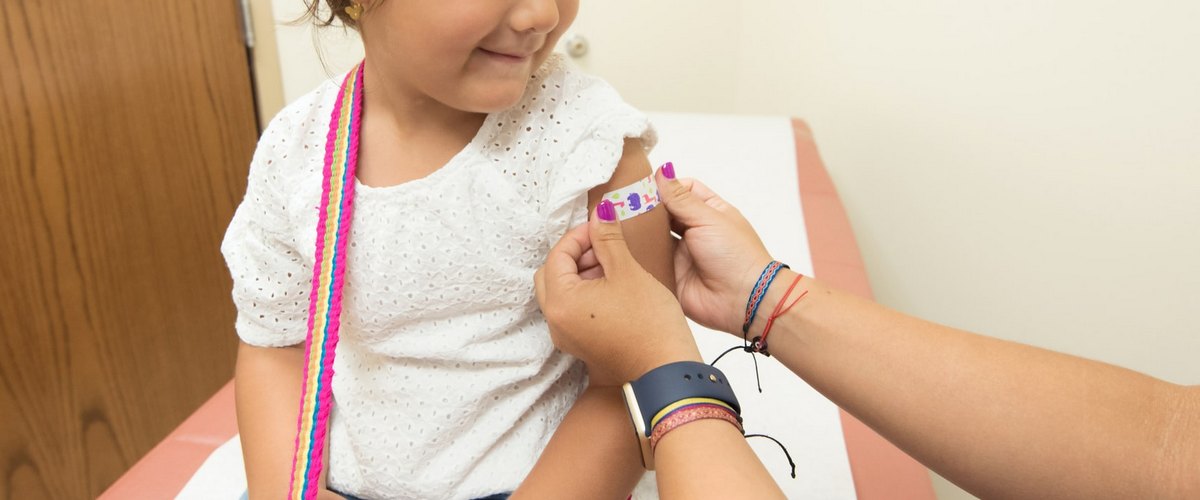Original article (in Serbian) was published on 22/12/2021
The week befire last, Sasa Borojevic, an analyst known for spreading misinformation through social networks and other media, shared another suspicious post on his Facebook profile, which this time concerns the alleged connection between the diphtheria vaccine and children with leukemia.
In his announcement, which has been shared almost 500 times, Borojevic asked “all those who believe in ‘tested’ children’s vaccines” if they “knew that Dr. Petar Ivanovski, a professor at the Children’s University Clinic, presented research 17 years ago that childhood leukemia is linked to the diphtheria vaccine”. He supported his claim with an article in the daily newspaper Vecernje novosti from 2004, but he forgot to mention one thing: in the past 17 years, Dr. Ivanovski’s research has been disputed several times.
Dr. Ivanovski’s research
A study titled “Children’s acute lymphoblastic leukemia caused by the introduction of immunization against diphtheria”, by Peter and Ivan Ivanovski was published in 2007 in the scientific journal Medical Hypotheses. According to Elsevier, the factor of influence of this magazine is 1,538. By comparison, one of the leading medical scientific journals, the Lancet, has an impact factor of 79,321.
At the time of the study, the editor of Medical Hypotheses was Bruce Charlton, a retired professor of theoretical medicine at the University of Buckingham, who was removed from the position in 2010 after publishing an article denying the link between HIV and AIDS (1). In the news that followed these events, the renowned scientific journal Nature states, among other things, that Medical Hypotheses is “perhaps the most controversial medical scientific journal in the world”, and that peer review is not applied when publishing papers in this journal, but the editorial review instead.
The study that Borojevic refers to in his publication was cited only a few times. Apart from auto-citations, this research is mentioned, for example, in the study of Dr. Zoran Radovanovic entitled “Antivaxers and their arguments in the Balkan countries that share the same language”. The paper is also cited in correspondence between Ivanovski and Logan Spector, a professor in the Department of Pediatrics at the University of Minnesota, who drew the attention of the editor of Medical Hypotheses to methodological errors in Dr. Ivanovski’s research.
What do recent studies say about the connection between the diphtheria vaccine and childhood leukemia?
Several recent studies have shown that the study on the connection between vaccination against diphtheria and childhood leukemia by Dr. Ivanoski and others has no foundation in the facts. The conclusion of the Danish study from 2017, which dealt with this issue, states that no connection was found between the vaccination of children and the risk of getting childhood leukemia. In addition to the diphtheria vaccine, this study also included vaccines against influenza, measles, mumps and rubella, tetanus, and inactivated polio vaccine. All these vaccines, according to Danish research, do not affect the increased risk of getting leukemia in children.
A similar conclusion was made in this year’s study published in the journal Frontiers in oncology. The analysis showed no link between the various vaccines given to children (including diphtheria) and the incidence or death of cancer, including cancers of lymphoma, bone, brain, kidney, skin, leukemia and acute lymphoblastic leukemia mentioned by Borojevic. A link between the diphtheria vaccine and childhood leukemia has not been found in a study published in 2017 in the journal Scientific report.



